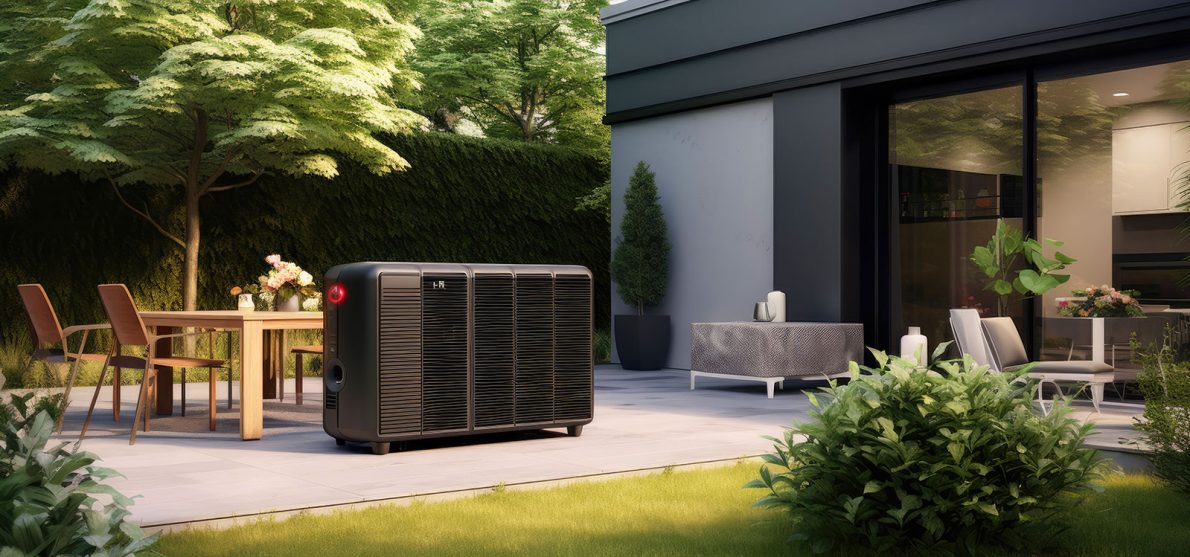Humidity is the amount of vapor in the air. When it gets too humid, your house can suffer from mildew and mold growth, particularly in places like the bathroom, basement, and the kitchen or other places with water sources.

Here are the reasons why a humidity sensor is important. They measure the amount of water vapor in the air, thus you can use your HVAC system to identify areas of excess humidity and do something about them.
Humidity Sensor 101
- Detecting Deficit Humidity: The sensor doesn’t only measure the amount of vapor or deficit humidity in the air. It also detects the specific areas where the humidity is forming, allowing you to know where to vent, heat up, or dry away those areas to reduce moisture to normal levels.
- Avoid Dry Skin and Sinus Issues: As soon as your home starts having humidity issues, you should set your HVAC system in a certain way to prevent molds and mildew from forming or getting any of your wooden anything from getting wet. This also prevents sinus issues and dry skin from becoming problems.
- Ideal Relative Humidity Levels: The ideal relative humidity levels for interior environments that doesn’t cause structural damage to the wooden parts of your home or asthma, sinusitis, and dry skin on people is about 30 to 50 percent. This is according to the recommendations of healthcare professionals and building experts.
- How to Use the Sensor: The sensor picks up where you should set your HVAC to dry out humid areas. This prevents mold and wetness from ruining wood panels, wooden floors, and structural elements of your home from rotting and breaking. The sensor can also detect areas that can worsen asthma and similar issues due to spores.
- The Importance of Hygrometers: Also known as hygrometers, the sensor is a small, digital device that works like a thermostat but for humidity. Certain smart HVAC systems have a hygrometer measure the humidity to adjust the settings of the unit to reduce or ventilate all the water vapor out of your home.
- Ventilation is the Solution: Your home starts becoming swampy, steamy, and humid usually through heavy rains and you needing to close the house to keep the rainwater from pouring inside. The ventilation part of your Heating, Ventilation, and Air Conditioner system is what helps remove all that humidity from the inside to the outside.
Why Should You Use a Humidity Sensor?
If certain parts of your home, like a dank basement where all your water pipes are installed or your bathroom regularly suffers from the growth of mold and mildew, you can use the sensor and your ventilation system to detect then reduce the humidity levels.
The sensor also checks whether your anti-humidity solutions or HVAC settings are truly reducing the vapor and steam within your rooms or not.

